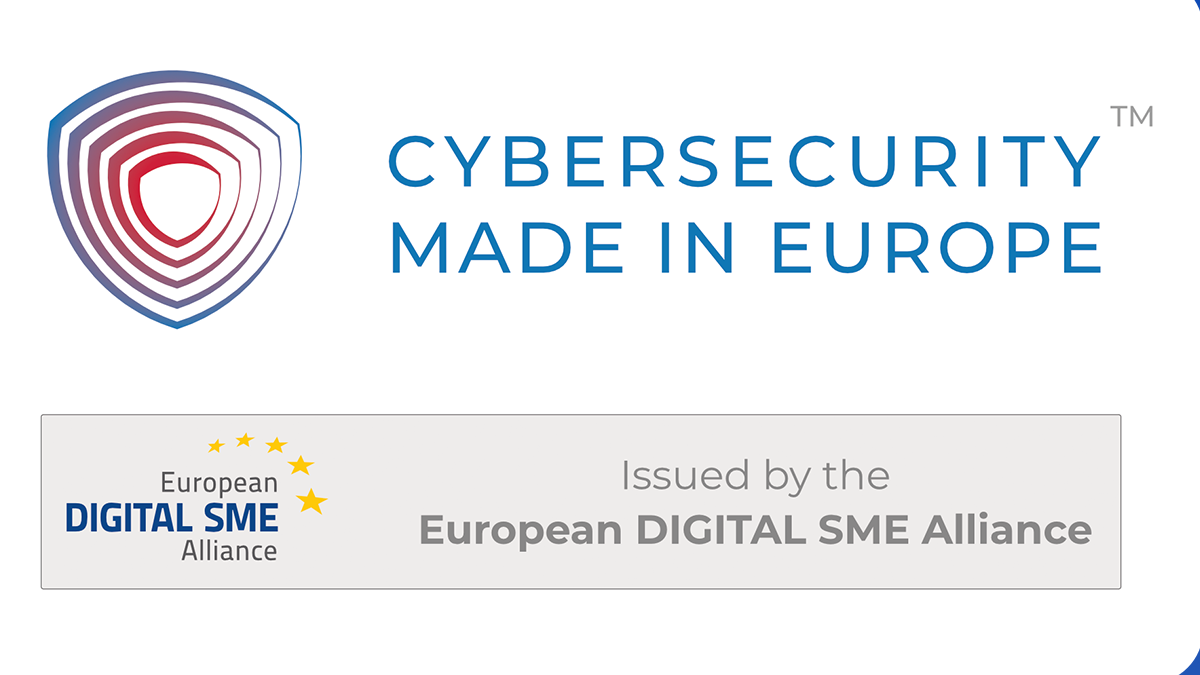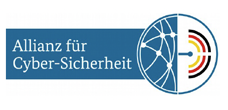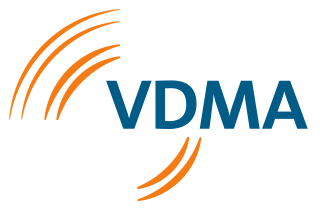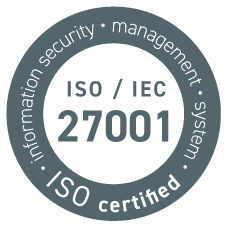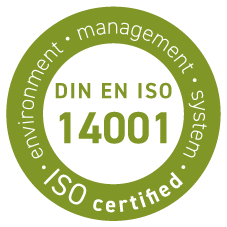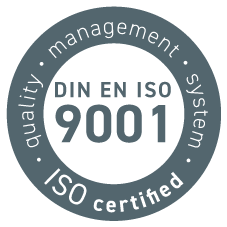We are very delighted to announce that the project AntiDot – online tools to combat data poising in AI has been selected for funding under Innovationswettbewerb KI und Cybersicherheit Baden-Württemberg open call 1 from Ministerium für Wirtschaft, Arbeit und Tourismus Baden-Württemberg, asvin had an internal kickoff meeting in first week of September. It is 15 months long research project. The project will run from 1st September 2022 to 31st December 2023.
Introduction
In today’s world, use of artificial intelligence is on boom and increase in usage of AI will increase the number of cyber attacks as well, and to control these poisoning attacks R&D project AntiDot is introduced. AntiDot focuses on the research and development of effective methods and online tools for securing and defending against data poisoning attacks on artificial intelligence (AI) applications – for example the malicious smuggling of manipulated data, in which attackers deliberately read statements from an AI change application. The main aim of AntiDot is to protect AI systems in the industrial applications against cyber attacks using data poisoning and to test and iteratively improve the use of security tools. Therefore, the project relates directly to the goals of the Baden Wüttermberg Innovation Competition to develop a cyber security solution with a reference to artificial intelligence.
Project Partner
asvin is the only partner in the project. asvin brings in the experience and skills from past research projects. asvin has been awarded as Best Cybersecurity Startup 2022 by the Cybersecurity Excellence Award, and asvin also became KI Champion BW 2022. asvin creates solutions and services for early warning , detection and defense against cyber attacks and has done significant research and development work since it was founded in Stuttgart in 2018, which has received national and international recognition in 2019, asvin became Allianz 4.0 for 100 locations in Baden-Württemberg awarded and selected for the PreSeed Baden-Württemberg program.We did research on Physical Unclonable Function (PUF) and built a prototype based on SRAM based PUF using OKdo development board. In 2020, KPMG Germany rated asvin among the top 10 in a global screening of over 700 international cybersecurity startups and additionally asvin selected for the KPMG Cybersecurity Accelerator program. In addition, the Stuttgart startup is supported within the framework of the KIT incubator KASTEL.
In 2020, asvin was selected for the Bundesministerium fur Bildung und Forschung (BMBF) under the StartUpSecure program, in the context of which the research and development of secure identification features IDs(asvinID) for end devices in the Internet of Things are being developed, and at it-sa 2020, asvin was awarded the best cybersecurity startup in DACH . As part of the AI innovation competition in Baden-Württemberg for joint research projects: knowledge and technology transfer, asvin is working under project management of the Karlsruhe Institute of Technology (KIT) as a partner in the PoisonIvy project on solutions for securing data models and applications of artificial intelligence. In 2020, asvin became the Business Incubation Program of the European space agency esa , in which the cooperation between the Stuttgart cyber security experts and companies in the aerospace sector is intensified. In 2021, asvin was selected as an excellent cybersecurity startup for the esa Space Challenge at Paris Space Week . Since mid-2021, asvin has been working with industry partners on methods for securing software processes in the automotive industry as part of the Startup-Autobahn program.
Innovation
AntiDot provides results for four scientific and technical innovation goals:
- Automated configuration of security mechanisms for detection and defense against data poisoning attacks in machine learning using online data analysis. Prognosis of a statement on the influence on the quality of the Ki statements in the case of identified contamination and after carrying out a cleanup in the data using filter operations.
- Development of practical tools ( as a service) to protect AI applications from the smuggling of data to manipulate the statements: in particular filter algorithms to defuse attacks using “dirty” data material in supervised learning and their application of filters to statistically distributed data pollution in machine learning applications (e.g. linear regression).
- Methods for “neutralizing” attacks on compromised image data using superimposed “noise patterns” in the field of adversarial attacks on Deep Learning in neural networks.
- Proof of the solution approach within the framework of a practice-oriented demonstrator, which will be available online ” as a service” and provides the functions in an easy-to-use user interface.
